The CBD craze doesn’t look to be slowing down anytime soon. In fact, according The CBD Insider 2021 US CBD Consumer Report, nearly one in three Americans have tried CBD. But with the popularity — and often high price — of CBD oil, many consumers may ask themselves what to expect from the shelf life of CBD oil.
Long story short, CBD oil does degrade with time, but the quality of the oil and how it’s stored can make a big difference.
Does CBD itself go bad?
Cannabinoids, of which CBD is among the most common, can in fact degrade over time.
One study that examined the shelf life of cannabis oil found that the level of THC degrades gradually over the course of a year — unless exposed to light and high temperatures of (22°C/71.6°F or higher).1 At that temperature, nearly a quarter of the THC was lost after a year, according to the study.
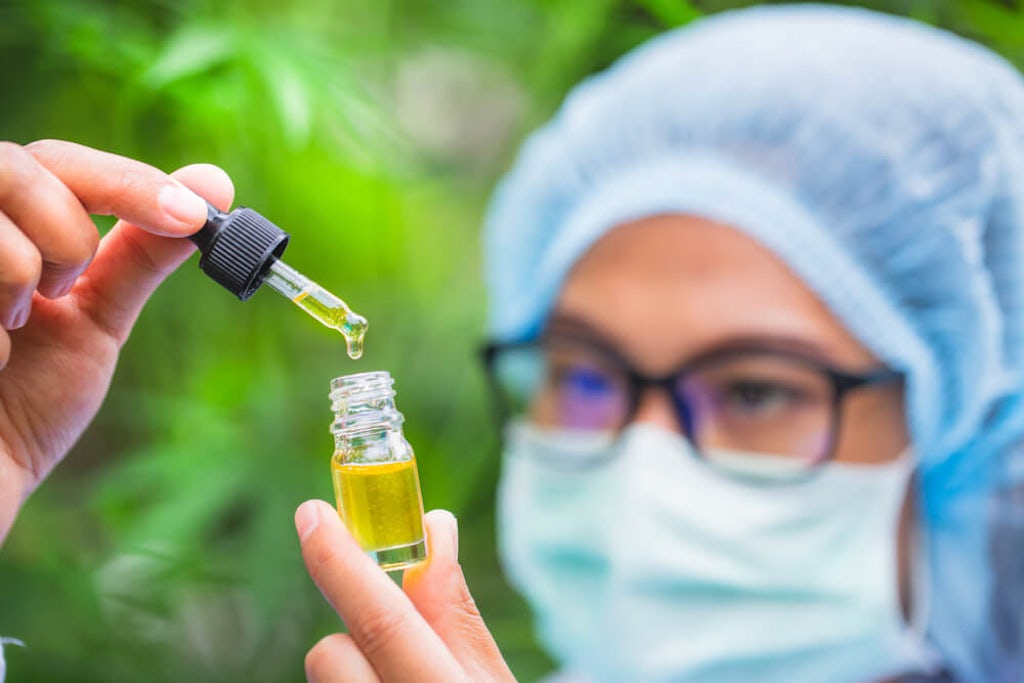
The same researchers found that 11.3% of the CBD decayed after a year when kept in the dark at 4°C (39°F), and that on average 13.45% was lost when stored in light at 22°C (71.6°F).
This is why some researchers suggest keeping CBD oil in the refrigerator if possible. Not only does this protect the oil from light and high temperatures, it can also prevent the decarboxylation process from taking place.
According to a 2016 study, after nine months in a refrigerator, cannabis oils lost less than 10% of their total cannabinoids.2 Indicating what types of changes can take place, the same researchers also found that the decarboxylation of THCA to THC happens in tinctures after 15 months in the fridge and after only three months on the shelf.
How long does CBD oil last once opened?
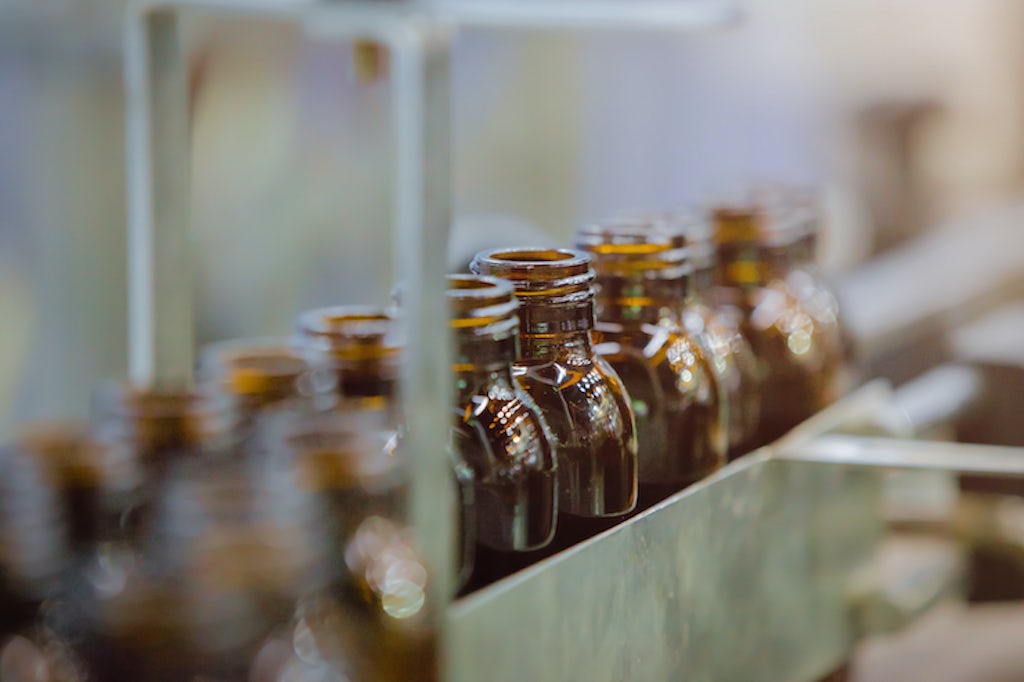
The shelf life of CBD oil is often estimated to be between one and two years, though this can vary widely depending on a number of variables.
Research has shown light to be the most important factor in the loss of cannabinoids, and luckily, it’s one that you can easily control.3 This is why most CBD oil comes in brown, blue, or otherwise dark glass bottles, and why it should be stored in a cool dark place.
The quality of the CBD oil can also play a big role. Oils that are extracted from premium hemp and produced with more precision and care should probably last longer. Poorly made CBD oils may be more likely to include external contaminants like mold and fungus which can speed up degradation. They also may not have gone through third-party testing to detect these substances.
In addition, poorly made products may have substandard packaging. This can make them more likely to be subject to contamination and harmful external elements.
The extraction method can also play a role. CO2 extraction is widely-considered the best method for shelf life in that the compounds in the plant stay stable, and thus take a longer time to break down.
Finally, if the CBD oil has any additives like sweeteners, these can have their own shelf life which can affect that of the overall product.
Can carrier oils go bad?
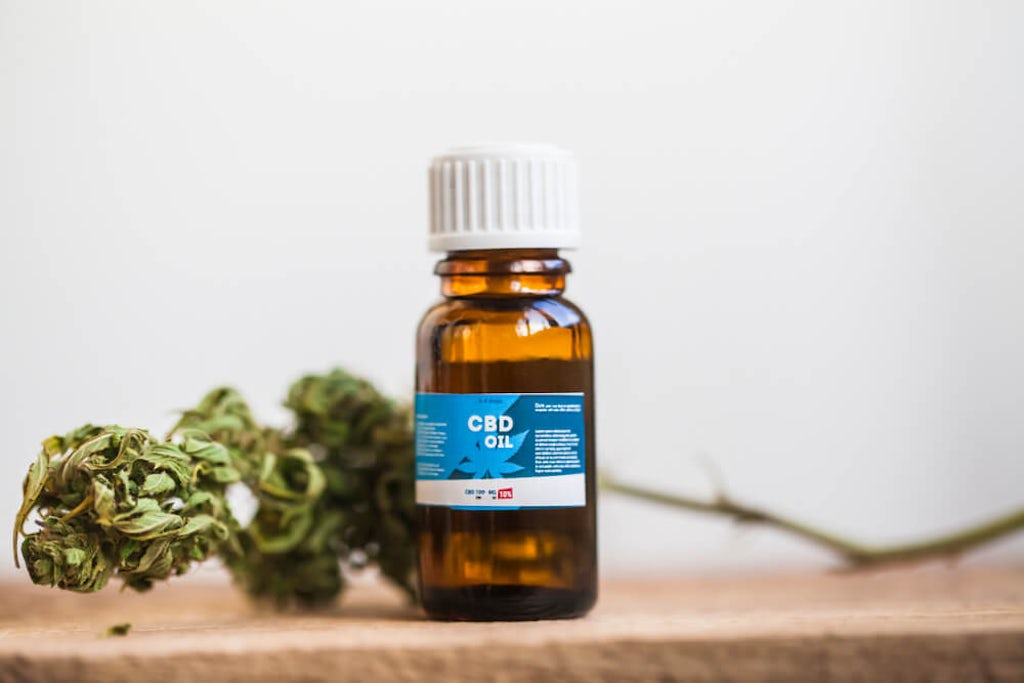
Most CBD oils use a carrier oil such as olive oil or MCT oil. There is some indication that MCT-based CBD oil have a longer shelf life than olive oil based CBD oils.4 With either oil though, the conditions of storage can play a significant role.
Research has shown that extra virgin olive oil can be stored in a cool dark place for 18 months without any degradation in taste, sight, or smell.5 That study found that the same oil kept in a well-lit place deteriorates easily and organoleptic changes are easy to detect.
With MCT oil, manufacturers typically claim it has a shelf life of two years. This typically refers to its “best by” date. It can stay safe for use much longer, even more than a year, after the best by date.
While carrier oils can go rancid, this doesn’t mean that they will pose a poisoning risk, rather, the taste and aroma will be unpleasant and there will be noticeable changes in consistency and clarity.
What regulation is there on CBD?
The US Food and Drug Administration has only approved one cannabis-derived and three cannabis-related drug products. The CBD oils that people see in the drug store or at health food stores are not approved by the FDA for use as medicine and CBD companies have to be very careful about the claims they make about their effectiveness.
Furthermore, there is currently no obligatory testing or basic regulatory framework for the dosage, administration, maximum daily dose, packaging, or shelf life of CBD products.6 The lack of regulation can often mean very inaccurate labeling. In fact, a 2017 study found that out of 84 CBD products purchased online, less than a third were accurately labeled.7
How to tell if CBD oil goes bad
One way to know if CBD oil has gone bad is to check the expiration date on the package — assuming it has one. This isn’t an exact science though, so here are some things to look out for.
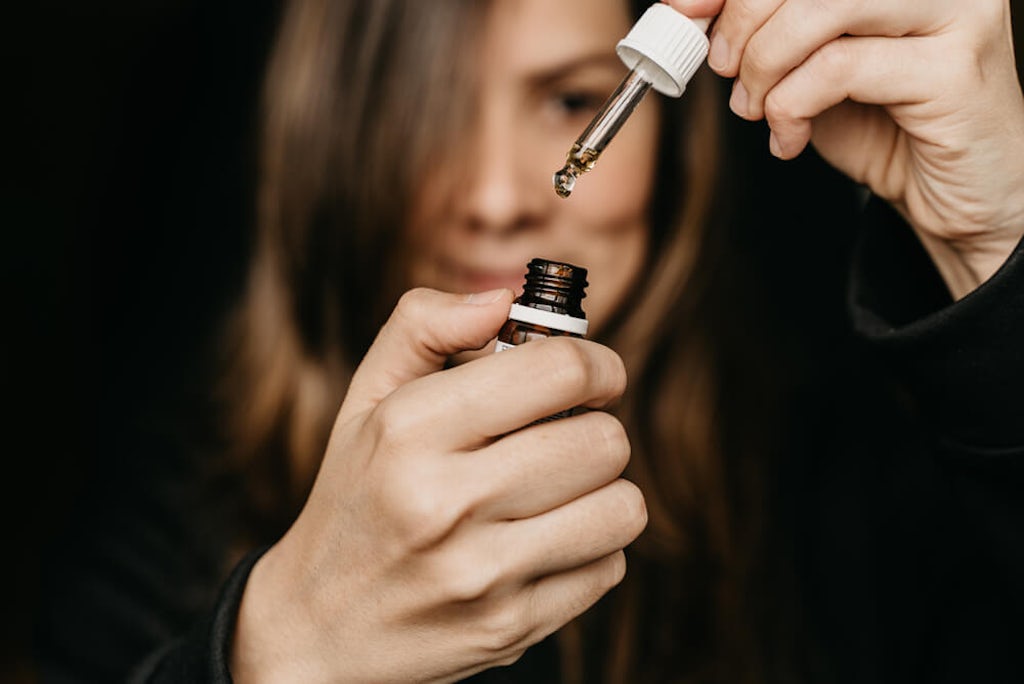
The aroma is off
CBD oil usually has a more earthy aroma, which can become skunky if the oil goes bad. If there is an off-putting aroma of any sort, the oil may have turned.
Things get murky
CBD oils should have a high degree of clarity when fresh, unless they just came out of the refrigerator. If the oil looks murky, viscous, and altogether not refined, it may be time to buy a new batch.
Trust your taste buds
CBD oils can taste earthy or a little bitter, though the presence of an added sweetener can alter this. If the CBD oil tastes different than usual, or just has a general “past sell by date” flavor to it, this is a good sign that it’s time has passed.
Can expired CBD oil make you sick?
Luckily, expired CBD oil is a far cry from expired fish or poultry — it is highly unlikely that it will send you to the emergency room or the bathroom. Mainly, it will have fewer of the cannabinoids and terpenes you’re looking for, and will be an overall less pleasant experience on the palate.
How to store CBD oil
When it comes to storing CBD oil, perhaps the most important step occurs before you eve purchase it. Make sure that you are buying from a reputable brand that uses third-party laboratory testing as well as packaging that indicates the expiration date, extraction method, and cannabinoids and terpenes profile. Such brands are more trustworthy and are less likely to sell a product that will degrade quickly.
Other than that, you’ll want to follow some of the same basic steps that you would with cannabis flower: Avoid light, heat, and air. Make sure to keep your CBD oil in a cool, dark place, and keep it from overexposure to air.
Does CBD oil need to be refrigerated?
Keeping CBD oil in the refrigerator has been shown to extend the shelf life without any loss in efficacy.
One thing to keep in mind though: Depending on the carrier oil, CBD oil can have a cloudy appearance right after it’s taken out of the fridge, this isn’t cause for alarm.
Sources
- Trofin, Irenne & Dabija, Gabriel & Vaireanu, Danut-Ionel & Laurentiu, Filipescu. (2012). Long – term Storage and Cannabis Oil Stability. Revista da Chimie. 53. 294. https://www.researchgate.net/publication/236170001_Long_-_term_Storage_and_Cannabis_Oil_Stability
- Peschel W. (2016). Quality Control of Traditional Cannabis Tinctures: Pattern, Markers, and Stability. Scientia pharmaceutica, 84(3), 567–584. https://doi.org/10.3390/scipharm84030567
- Fairbairn, J. W., Liebmann, J. A., & Rowan, M. G. (1976). The stability of cannabis and its preparations on storage. The Journal of pharmacy and pharmacology, 28(1), 1–7. https://doi.org/10.1111/j.2042-7158.1976.tb04014.x
- Ramella, A., Roda, G., Pavlovic, R., Cas, M. D., Casagni, E., Mosconi, G., Cecati, F., Minghetti, P., & Grizzetti, C. (2020). Impact of Lipid Sources on Quality Traits of Medical Cannabis-Based Oil Preparations. Molecules (Basel, Switzerland), 25(13), 2986. https://doi.org/10.3390/molecules25132986
- Garcia-Oliveira, P., Jimenez-Lopez, C., Lourenço-Lopes, C., Chamorro, F., Pereira, A. G., Carrera-Casais, A., Fraga-Corral, M., Carpena, M., Simal-Gandara, J., & Prieto, M. A. (2021). Evolution of Flavors in Extra Virgin Olive Oil Shelf-Life. Antioxidants (Basel, Switzerland), 10(3), 368. https://doi.org/10.3390/antiox10030368
- Pavlovic, R., Nenna, G., Calvi, L., Panseri, S., Borgonovo, G., Giupponi, L., Cannazza, G., & Giorgi, A. (2018). Quality Traits of “Cannabidiol Oils”: Cannabinoids Content, Terpene Fingerprint and Oxidation Stability of European Commercially Available Preparations. Molecules (Basel, Switzerland), 23(5), 1230. https://doi.org/10.3390/molecules23051230
- Bonn-Miller, M. O., Loflin, M., Thomas, B. F., Marcu, J. P., Hyke, T., & Vandrey, R. (2017). Labeling Accuracy of Cannabidiol Extracts Sold Online. JAMA, 318(17), 1708–1709. https://doi.org/10.1001/jama.2017.11909
Sign up for bi-weekly updates, packed full of cannabis education, recipes, and tips. Your inbox will love it.

 Shop
Shop Support
Support
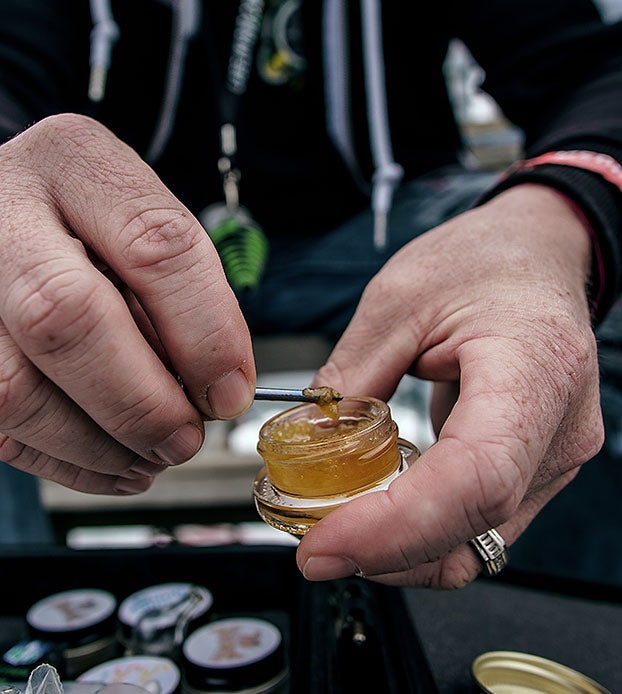
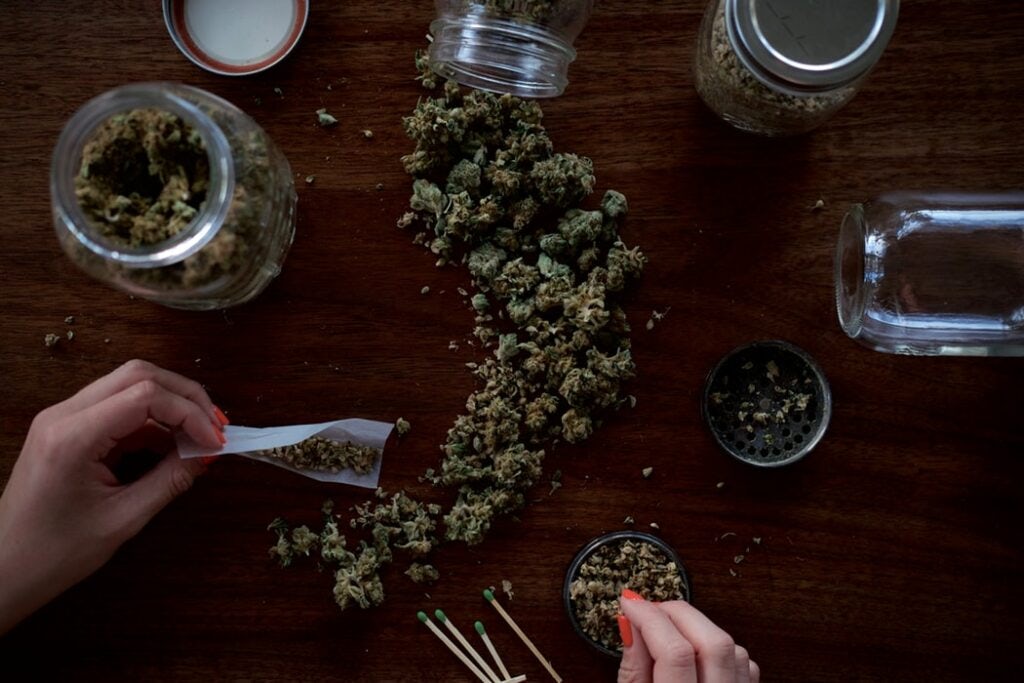


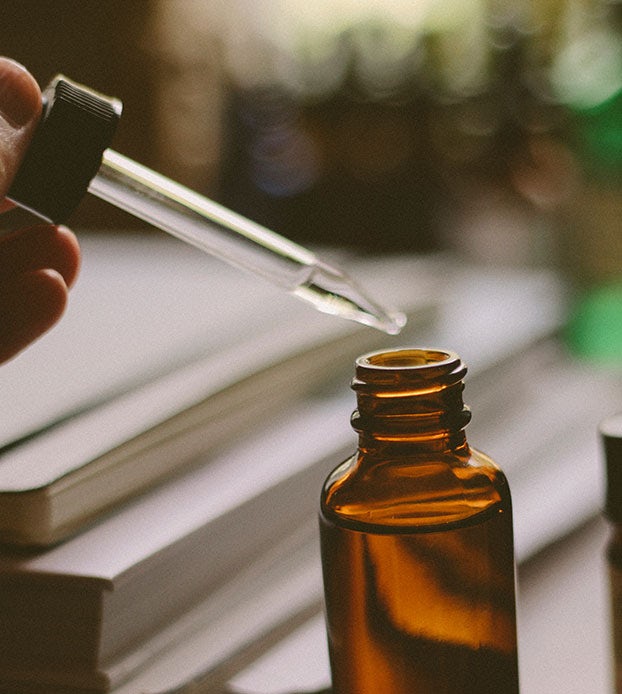












what is multi use cbd oil?